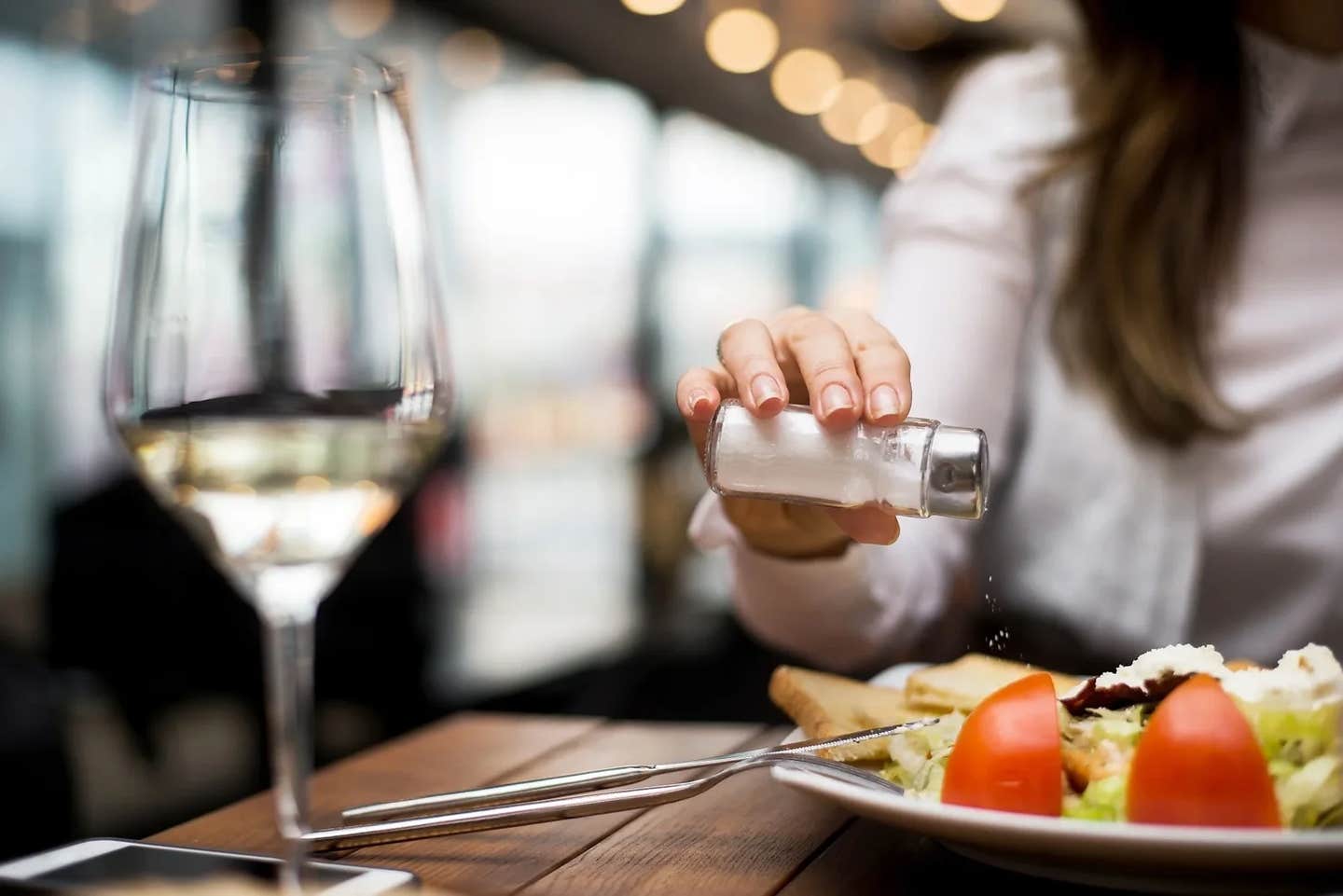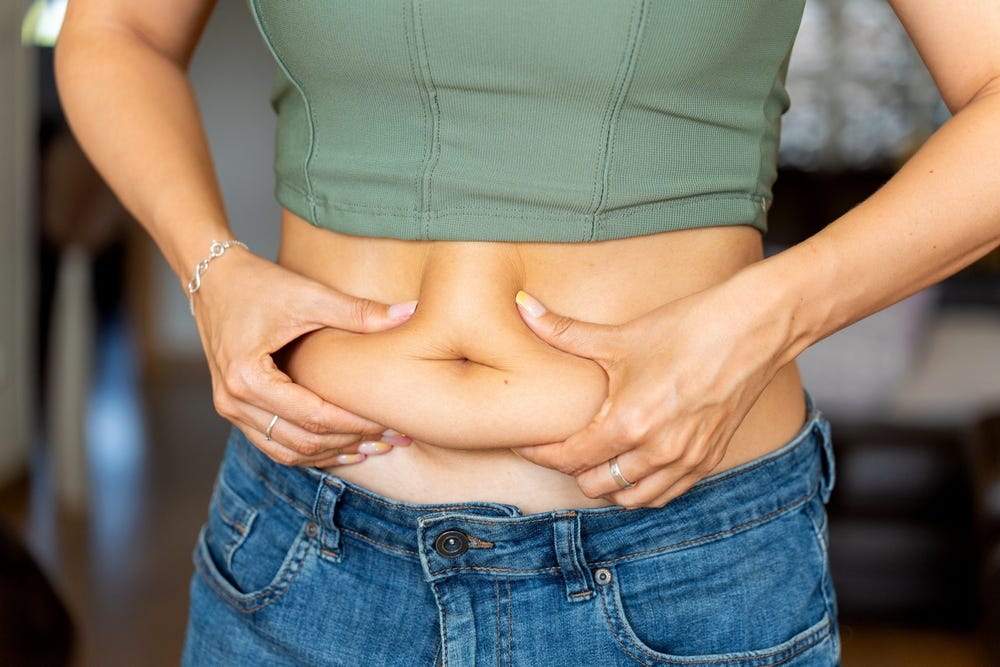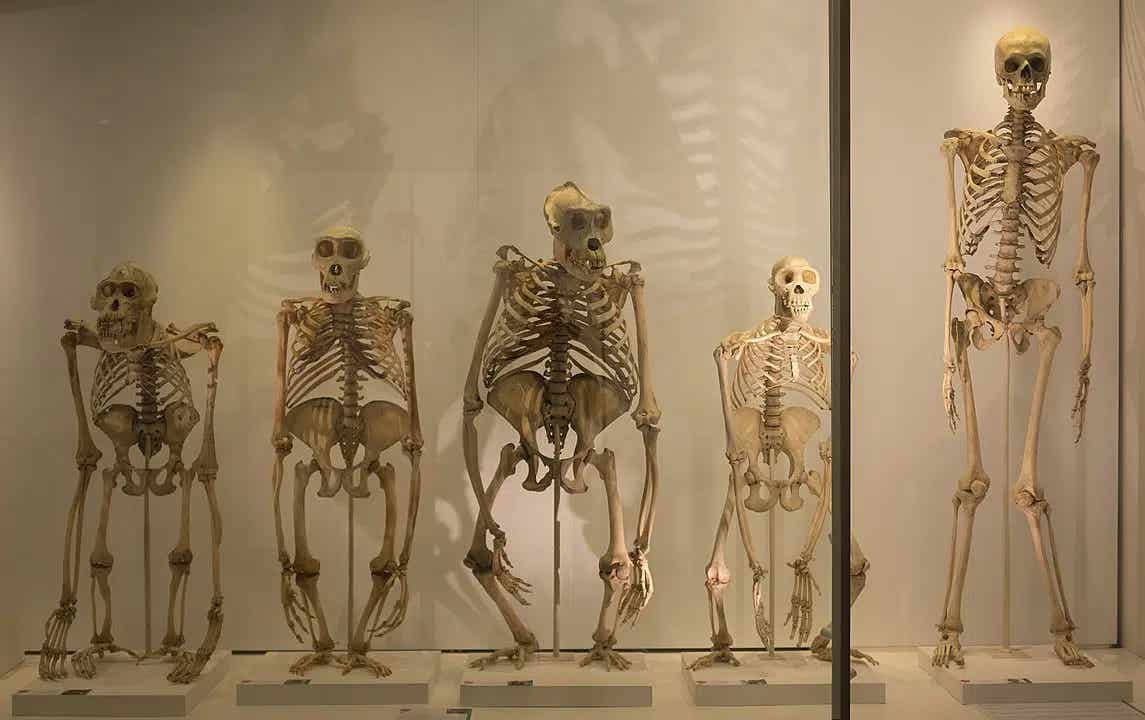Small dietary change significantly lowers blood pressure
High blood pressure, often called the “silent killer,” affects millions worldwide and is a major risk factor for heart failure, strokes, and heart attacks.

Hypertension, often referred to as the “silent killer,” affects millions of individuals worldwide and is a leading risk factor for cardiovascular diseases. (CREDIT: CC BY-SA 4.0)
High blood pressure, often called the "silent killer," affects millions worldwide and is a major risk factor for heart failure, strokes, and heart attacks. In the United States, more than 61.9 million adults rely on medication to manage this condition.
However, recent research offers compelling evidence that a small dietary adjustment could significantly improve blood pressure control: reducing daily salt intake by just one teaspoon.
A groundbreaking study published in the Journal of the American Medical Association explored how dietary sodium affects blood pressure. Conducted by researchers from Vanderbilt University Medical Center, Northwestern Medicine, and the University of Alabama at Birmingham, the study involved 213 participants aged 50 to 75.
Using a meticulously designed crossover diet, participants alternated between one week of high sodium and one week of low sodium consumption. The findings revealed a remarkable reduction in systolic blood pressure by an average of 6 mm Hg on the low-sodium diet, a decrease similar to the effects of many prescription medications.
Dr. Deepak Gupta, an associate professor at Vanderbilt University Medical Center and co-principal investigator, explained, "Most middle-aged to elderly individuals consume a diet very high in sodium."
The research demonstrated that cutting sodium by about one teaspoon—equivalent to 2,300 mg of sodium—significantly reduced blood pressure across diverse groups. These included individuals with normal blood pressure, controlled hypertension, untreated hypertension, and uncontrolled hypertension.
How Sodium Impacts Blood Pressure
Sodium plays a critical role in blood pressure regulation by attracting water, leading to increased fluid volume in the bloodstream. This raises blood pressure and strains the heart. Dr. Bradley Serwer, a Maryland-based cardiologist not involved in the study, noted that reducing sodium intake can have effects comparable to medication without side effects. He highlighted that the American Heart Association (AHA) recommends adults limit sodium consumption to 1,500 mg or less daily.
Related Stories
The CARDIA-SSBP study, which assessed sodium sensitivity, found that 70% to 75% of participants experienced a decrease in blood pressure on the low-sodium diet.
Dr. Norrina Allen, a professor of preventive medicine at Northwestern University and co-principal investigator, emphasized that even those on antihypertensive medications benefited from sodium reduction. This finding challenges the assumption that medication diminishes the importance of dietary changes.
One of the study’s striking findings was the speed at which blood pressure responded to a low-sodium diet. According to Dr. Cora Lewis, a professor of medicine at the University of Alabama at Birmingham, participants saw significant improvements within just one week. This rapid response underscores the potential public health impact of widespread sodium reduction.
Hypertension is a global health crisis, affecting over one billion people worldwide, according to the World Heart Federation. In the U.S., high blood pressure contributed to 691,095 deaths in 2021, based on CDC data. Dr. Gupta described hypertension as responsible for one in eight deaths globally, underlining its pervasive and deadly nature.
Personalized Insights into Sodium Sensitivity
The study also examined salt sensitivity, which varies among individuals. Salt sensitivity refers to significant blood pressure changes in response to sodium intake. Around 50% of those with hypertension and 25% without hypertension exhibit salt sensitivity. This variability makes it challenging to provide universally effective recommendations.
The CARDIA-SSBP study’s rigorous design addressed these challenges by analyzing how sodium reduction affects people with varying blood pressure levels and medication use. It found that reducing sodium benefits nearly everyone, regardless of their baseline blood pressure or treatment status. However, thresholds defining salt sensitivity may underestimate the broader impact of dietary sodium reduction.
The implications of these findings are profound. Dietary sodium reduction offers a practical, non-invasive strategy for managing hypertension and preventing cardiovascular disease.
As Dr. Norrina Allen emphasized, “High blood pressure can lead to heart failure, heart attacks, and strokes because it puts extra pressure on your arteries.” Small adjustments, such as cutting sodium intake by one teaspoon daily, can have life-altering benefits.
This study highlights the importance of incorporating dietary changes alongside medical treatments. While antihypertensive medications remain essential for many, reducing sodium intake can complement these treatments, enhancing their effectiveness. For individuals seeking to improve their cardiovascular health, a balanced, low-sodium diet is an accessible and powerful tool.
As researchers continue to explore innovative approaches to managing hypertension, the importance of preventive strategies becomes increasingly clear. Reducing dietary sodium not only improves blood pressure but also contributes to longer, healthier lives.
The swift response observed in this study underscores the urgency of adopting these changes at both individual and population levels. With cardiovascular diseases accounting for a significant portion of global mortality, even modest dietary adjustments can yield substantial public health benefits.
Note: Materials provided above by The Brighter Side of News. Content may be edited for style and length.
Like these kind of feel good stories? Get The Brighter Side of News' newsletter.



